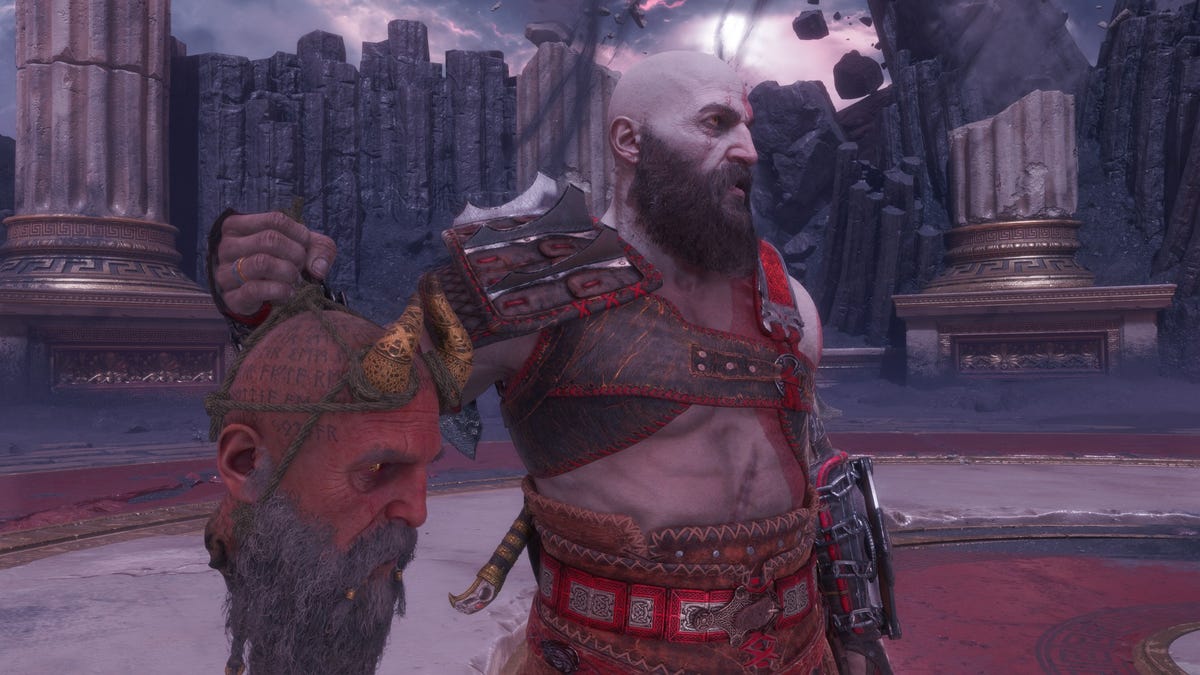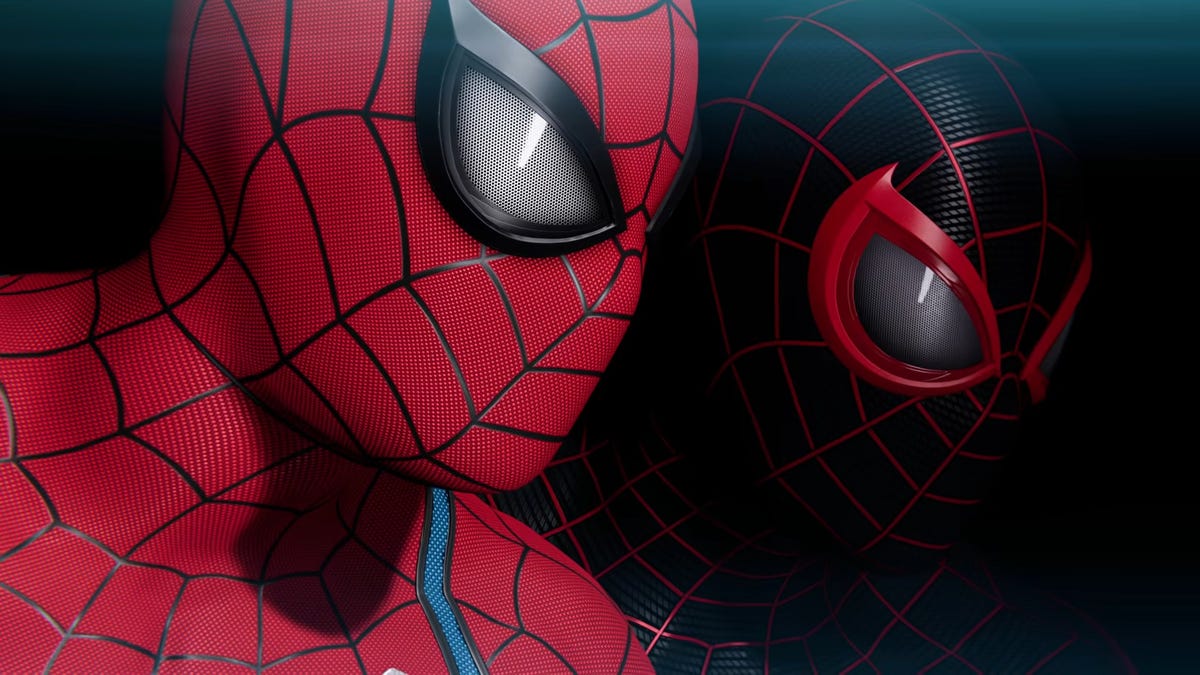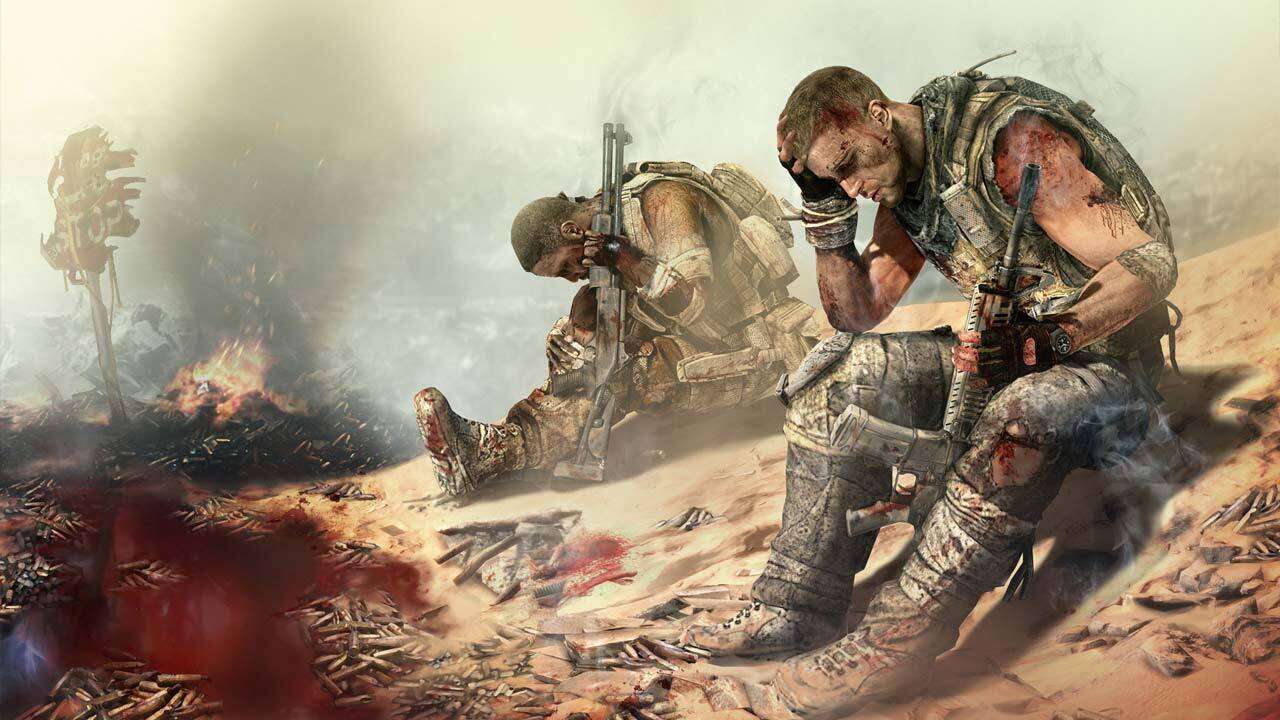[ad_1]
God of War: Ragnarok’s Valhalla DLC packs a lot of story into Kratos and Mimir’s roguelike journey through the titular hall of heroes. With Santa Monica Studio framing the sequel as the end of the series’ Norse mythology arc, there’s been a lingering question of what’s next for Kratos, his son Atreus, and the God of War story moving forward. While fans have been debating what Ragnarok’s ending means for our heroes over the past year, Valhalla gives some clarity to what Kratos will be up to in the immediate future.
Buy God of War Ragnarök: Amazon | Best Buy | GameStop

Valhalla is Kratos’ therapy
The Valhalla DLC fills in the emotional gaps of Kratos’ arc in both the 2018 reboot and Ragnarok. Where the first game focused on Kratos trying to hide his violent past from Atreus, Ragnarok raises questions about what Kratos’ title as the God of War means if no one follows him. The All-Father Odin confronts him about this, claiming he knows nothing of the devotion between mortals and gods, and the service they provide in kind. In theory, at least. It’s easy to throw out platitudes about serving mortals while upending the Nine Realms out of fear of Ragnarok’s incoming cataclysm. But his point rings true. What was godhood ever to Kratos beyond power? The title represented that he annihilated his enemies more than him being interested in the less gory parts of being a god.
Ragnarok ends with Kratos seeing a Jötnar shrine that depicts him as a god in the Nine Realms beloved by the people. The revelation moves Kratos to tears, but he’s got a lot to work through before he’s ready to be a benevolent leader of men. As such, it’s apt that most of the quests in Valhalla are titled some variation of “The Work.” Valhalla is an extended therapy session for Kratos. He has to confront the heinous things he did during God of War’s Greek arc. He travels to Valhalla and faces his inner demons as his memories create environments to travel through, enemies to face, and manifestations of his past like Helios, the Greek God of the Sun, appearing as a talking, severed head throughout the expansion.
Throughout his journey in Valhalla, Kratos discusses his past as a violent tyrant and wonders if he is worthy being any kind of public servant after all he’s done. He’s been asked by Freya to become the new Norse God of War, and his journey through Valhalla is more or less him working through all those conflicting feelings by throwing his axe at enemies and facing Tyr, the previous God of War, each time he reaches the top. After doing this multiple times, Kratos finally confronts an image of himself, and actor Christopher Judge gives a stellar monologue as he chooses not to forgive what he’s done but to move forward despite it as the God of Hope. He’ll serve the people instead of himself and will fight to protect the Nine Realms alongside Freya. Will it be enough to be a god worthy of the title? He doesn’t know, but he has hope.
Valhalla could be a new beginning
While we could take Santa Monica Studio’s claims that Ragnarok is the end of the Norse mythology story at face value, there’s still a lot that isn’t clear at this point. As fans have pointed out, Ragnarok’s original ending sets up a few threads for the next game to follow, and it doesn’t seem like Kratos is going anywhere anytime soon. Following Brok’s death in the main game, Kratos and Atreus’ relationship with the dwarven blacksmith Sindri is in shambles, and if Kratos is going to continue to serve the people of the Nine Realms, serving his friend and ally after the devastating loss of his brother is a relationship that still merits exploration.
However, the more overt sequel/spin-off set-up doesn’t really involve Kratos at all. Atreus, having discovered more about his origin as one of the last Giants alongside Angrboda, decides to part ways with his father to find the remnants of his people. Kratos’ son has a more specific, concrete goal right now that could drive the plot of a video game. Whether that’s in a Spider-Man: Miles Morales-style spin-off or Atreus getting the starring role in a proper, mainline God of War game is yet to be seen.
While Atreus’ immediate future seems more concrete, fans aren’t convinced that he’s going to be the face of the series moving forward. Sure, Santa Monica Studio has said Ragnarok capped off the Norse story, but Kratos has his butt firmly planted on the throne of the God of War in Norse Mythology after Valhalla. Atreus has certainly become a fan favorite over the years, but he doesn’t have the same cultural cache as Kratos, his playable sections in Ragnarok were divisive, and some fans feel like the series can’t continue without the angry old man. What’s more, a God of War TV show is still in production at Amazon—it wouldn’t make a lot of sense to toss aside the series’ central character just before introducing him to a whole new audience.
There are some hints that a potential God of War game could take place in Ancient Egypt and focus on gods of its mythology. Kratos has already been to Egypt once in the Fallen God comic series, but there are more subtle references to it throughout the series. In the 2018 reboot, a few Egyptian artifacts like a pharaoh’s crook and scarab are found in Tyr’s Temple. Ragnarök also contains an Ankh as one of its collectible Stolen Treasures. Mimir knows of this item and calls Egypt the “River Empire,” which means it’s a known quantity in the Nine Realms. So while it’s not a direct confirmation, it does show there’s precedent for Kratos to explore this pantheon of mythology next.
Whatever the future holds for Kratos and Atreus, Valhalla does feel like the culmination of the the Norse series’ arc for the God of War. He has moved past shame, anger, and reached acceptance. Can Kratos, a character largely defined by his inner turmoil and rage, work when he’s fully reached peace? I’m eager to find out.
Buy God of War Ragnarök: Amazon | Best Buy | GameStop
.
[ad_2]
Source link



